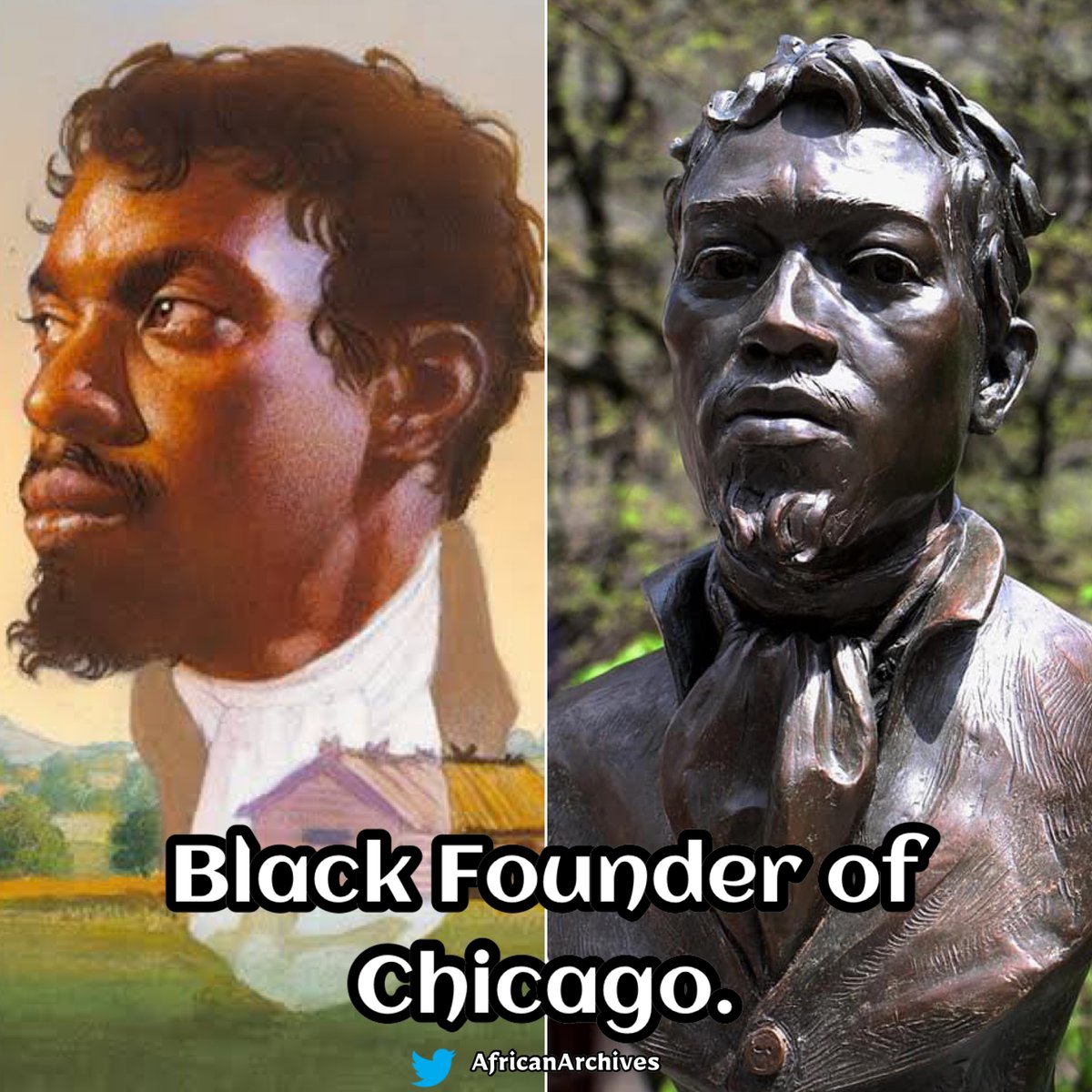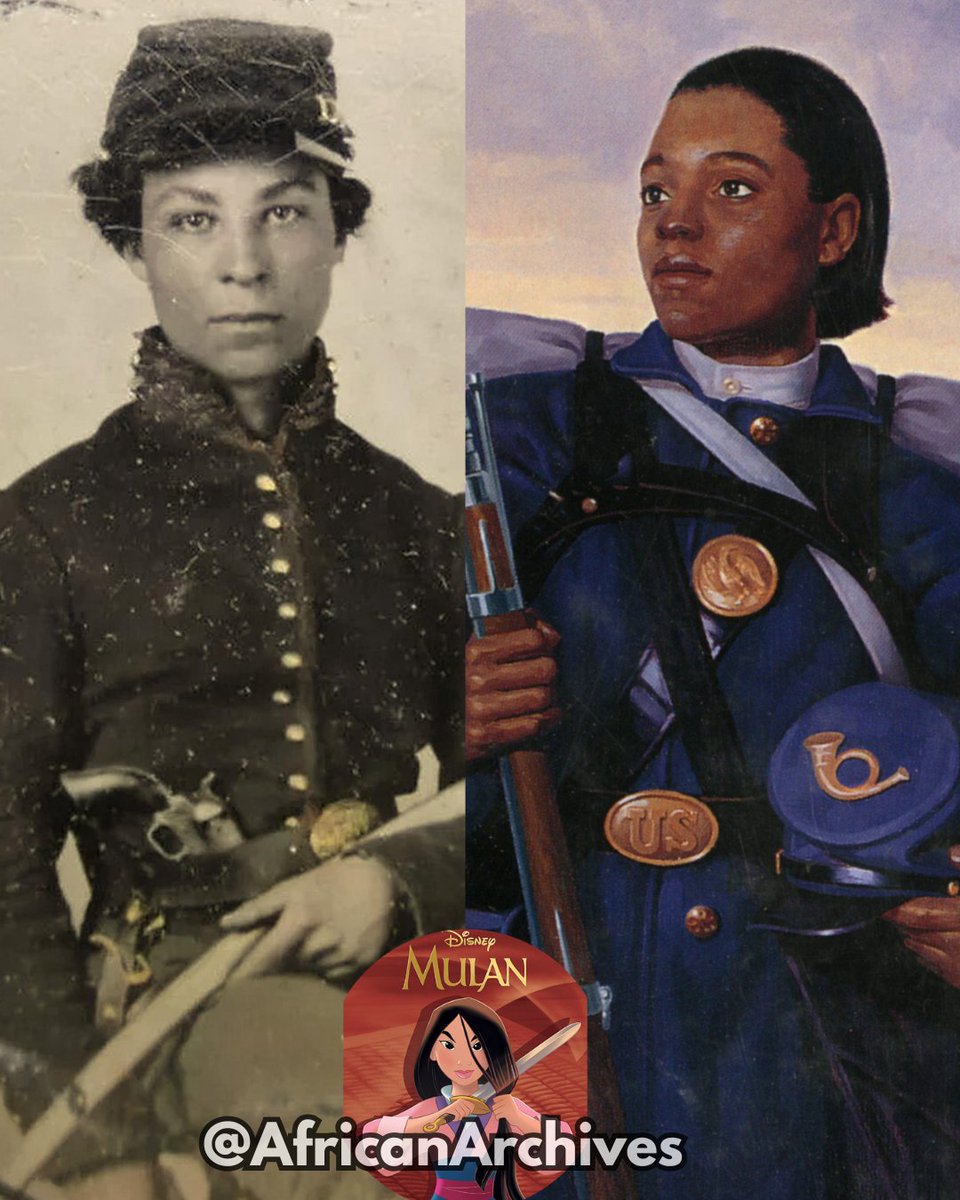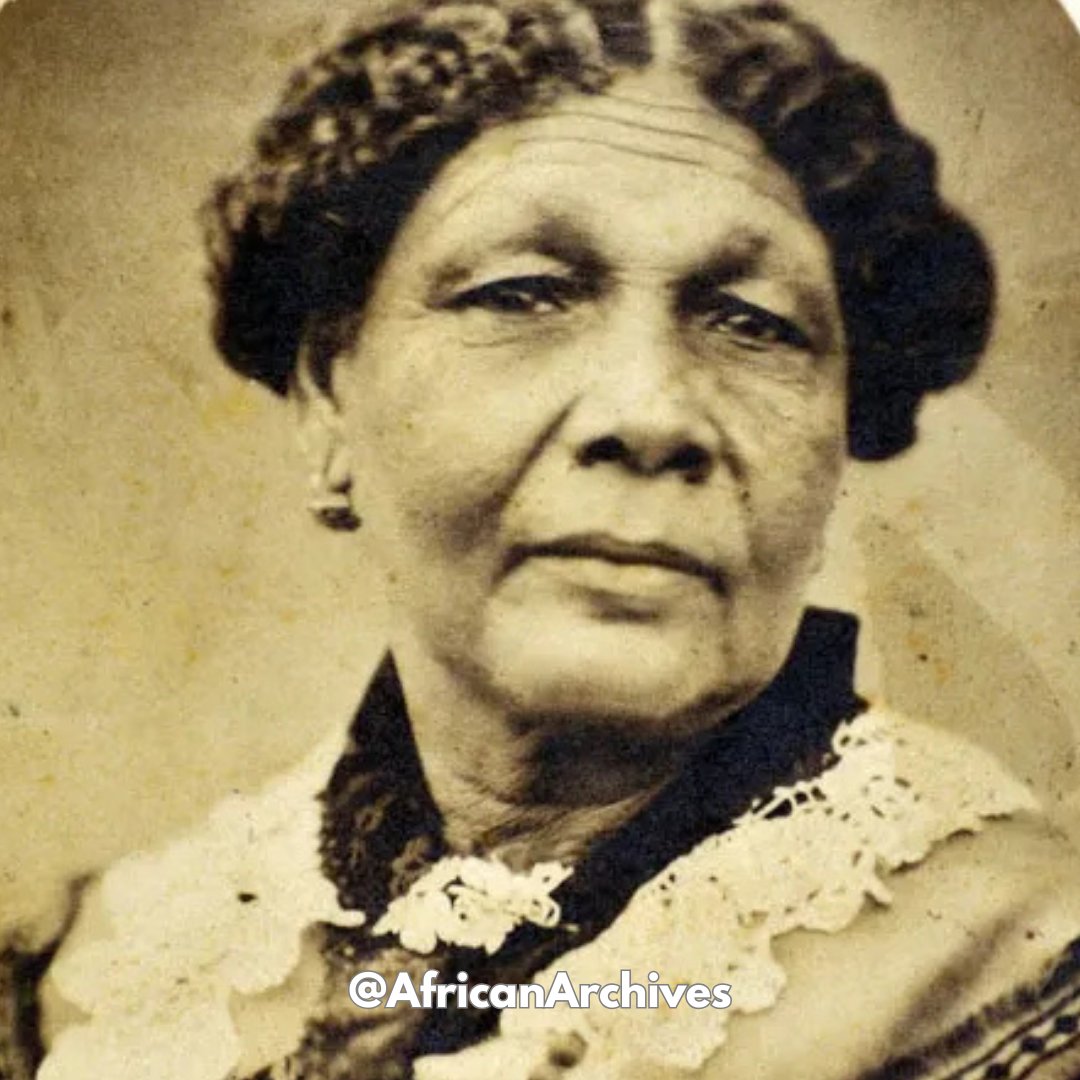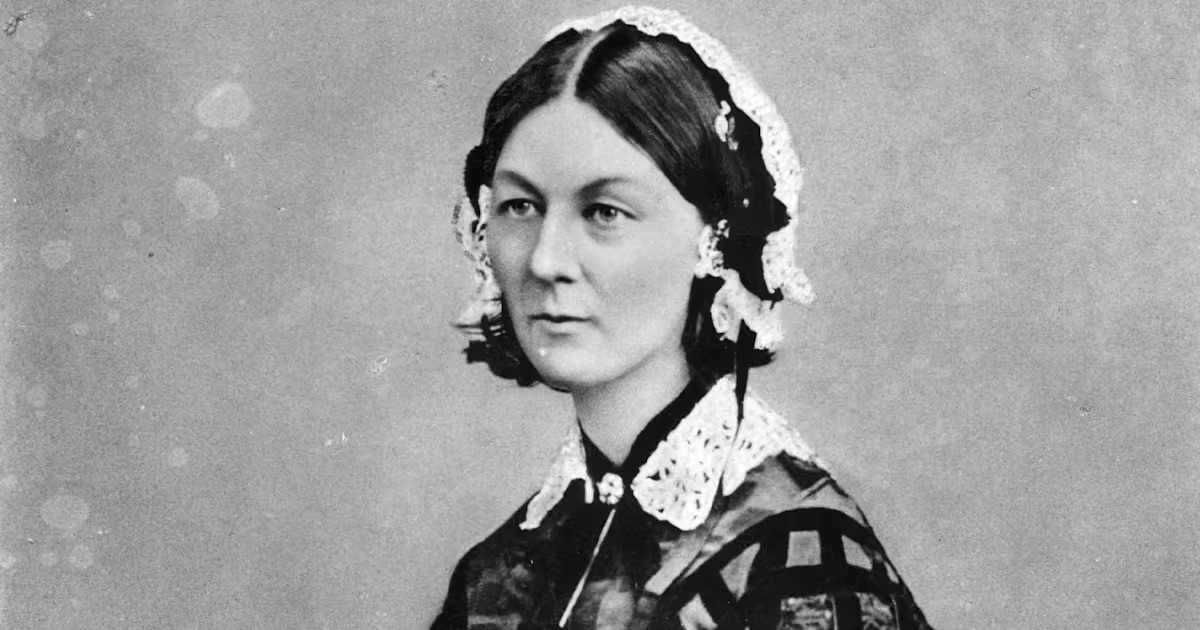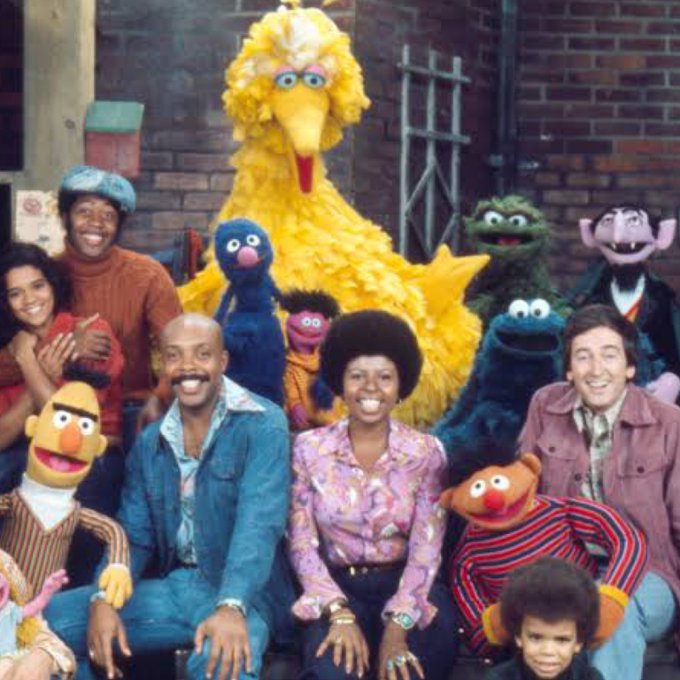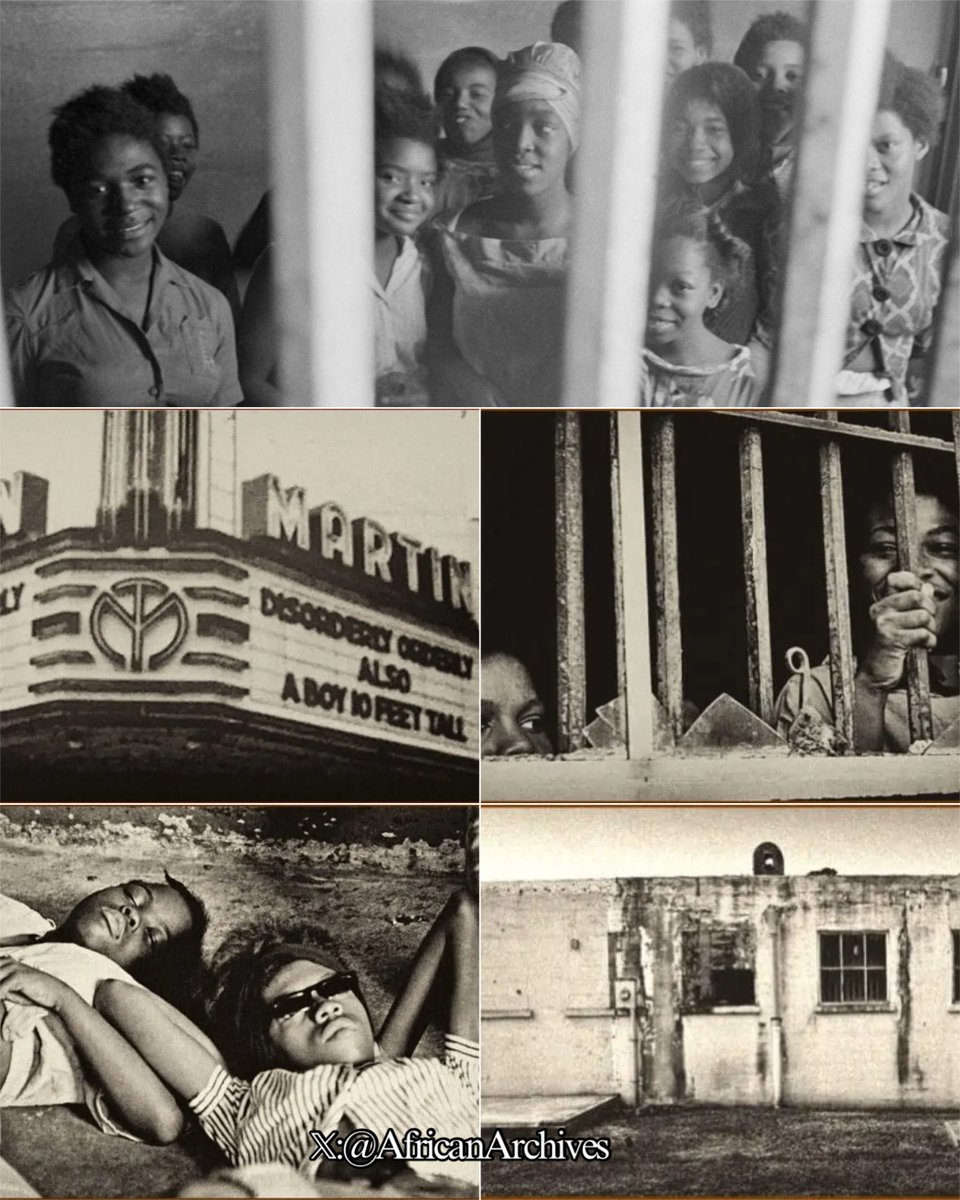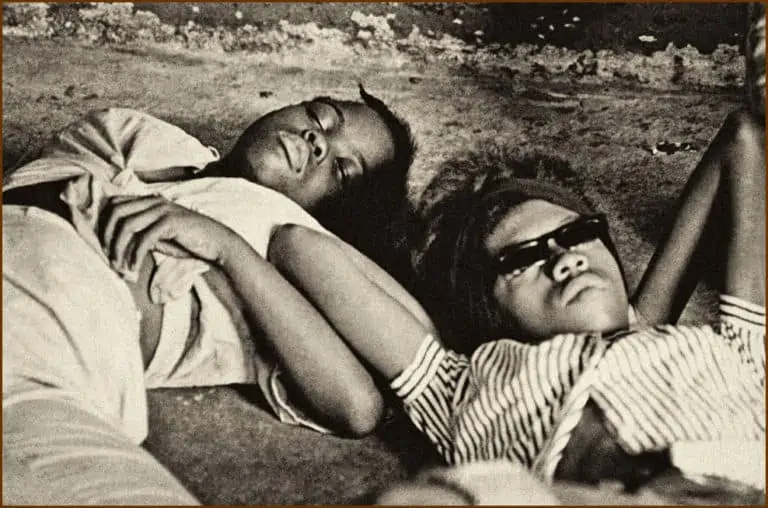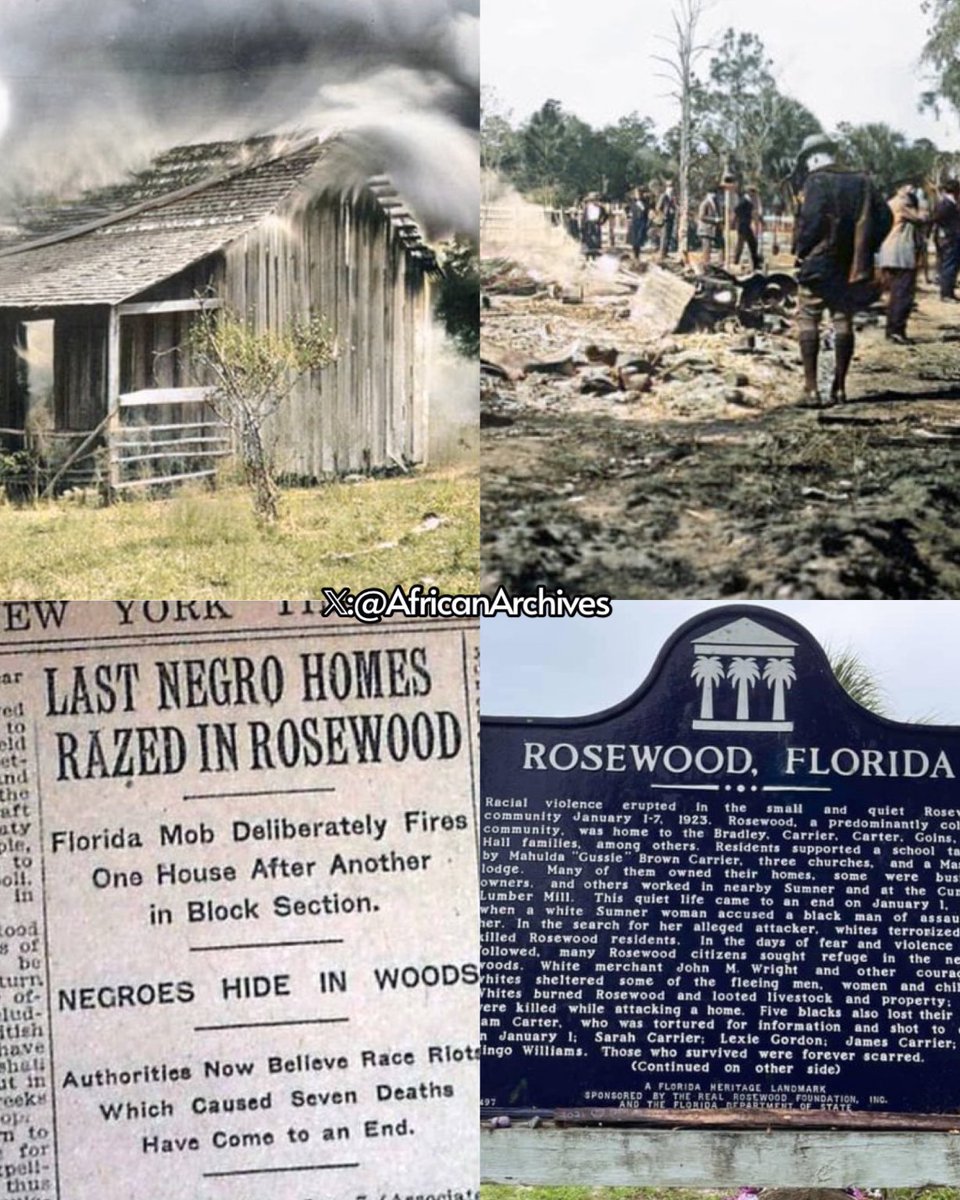Jean-Baptiste Pointe DuSable was born in Saint-Domingue, Haiti (French colony at the time) during the Haitian Revolution. At some point he settled in the part of North America that is now known as the city of Chicago and was described in historical documents as "a handsome negro" 

He married a Native American woman, Kitiwaha, and they had two children. In 1779, during the American Revolutionary War, he was arrested by the British on suspicion of being an American Patriot sympathizer.
In the early 1780s he worked for the British lieutenant-governor of Michilimackinac on an estate at what is now the city of St. Clair, Michigan north of Detroit.
In the late 1700's, Jean-Baptiste was the first person to establish an extensive and prosperous trading settlement in what would become the city of Chicago. Historic documents confirm that his property was right at the mouth of the Chicago River. 

He was first recorded as living at the mouth of the Chicago River in a trader's journal of early 1790. By then he had established the extensive and prosperous trading settlement.
He sold his Chicago River property in 1800 and moved to the port of St. Charles, where he was licensed to run a ferry across the Missouri River. Point du Sable's successful role in developing the Chicago River settlement was little recognized until the mid-20th century.
Many people, however, believe that John Kinzie (a white trader) and his family were the first to settle in the area that is now known as Chicago, and it is true that the Kinzie family were Chicago's first "permanent" European settlers. 

But the truth is that the Kinzie family purchased their property from a French trader who had purchased it from Jean-Baptiste.
He died in August 1818, and because he was a Black man, many people tried to white wash the story of Chicago's founding. But in 1912, after the Great Migration, a plaque commemorating Jean-Baptiste appeared in downtown Chicago on the site of his former home.




Later in 1913, a white historian named Dr. Milo Milton Quaife also recognized Jean-Baptiste as the founder of Chicago.
And as the years went by, more and more Black notables such as Carter G. Woodson and Langston Hughes began to include Jean-Baptiste in their writings as "the brownskin pioneer who founded the Windy City."
in 2009, a bronze bust of Jean-Baptiste was designed and placed in Pioneer Square in Chicago along the Magnificent Mile.




There is also a popular museum in Chicago named after him called the DuSable Museum of African American History. 

You can support my history page/project here through donations/tips to keep up on: ko-fi.com/africanarchives


• • •
Missing some Tweet in this thread? You can try to
force a refresh

